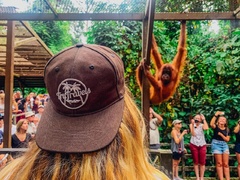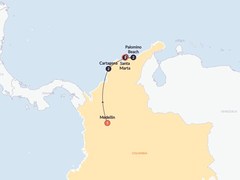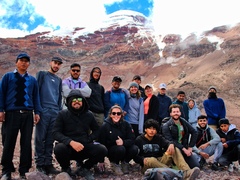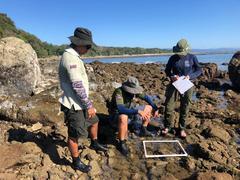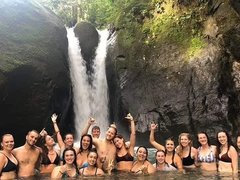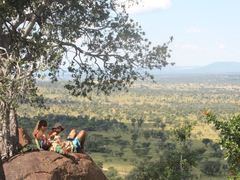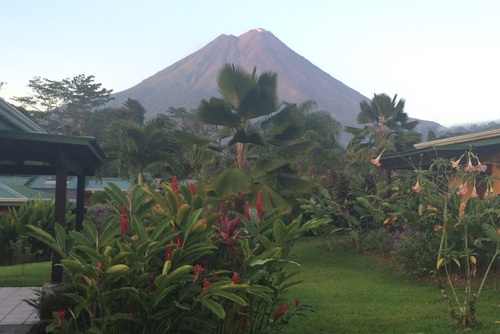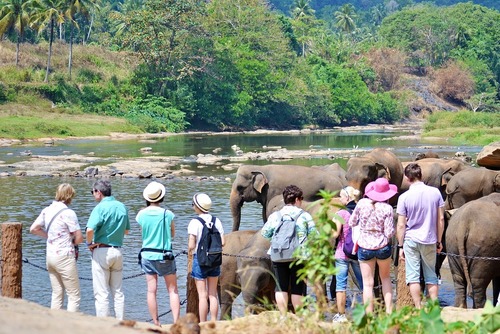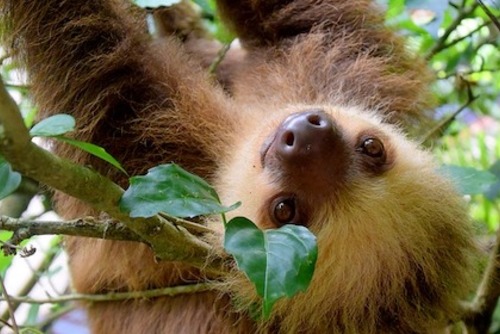The institute works under the premise that the best way to conserve biodiversity is to study it, value it, and utilize the opportunities it offers to improve the quality of life of human beings.
INBio is a non-governmental, non-profit, public interest organization of civil society that works in close collaboration with different government institutions, universities, the private sector and other public and private organizations, both within and outside Costa Rica.
INBio’s work focuses on the following areas of action:
- Inventory and Monitoring: This area generates information on the diversity of species and ecosystems found in the country. INBio has a collection of more than 3 million specimens of arthropods, plants, fungi and mollusks, each one duly identified and catalogued. INBio also generates information on the country’s different ecosystems.
- Conservation: The information generated and administered by INBio is used in decision-making processes that relate to the protection and sustainable use of biodiversity, both by the public and the private sectors. INBio works hand in hand with the National System of Conservation Areas (SINAC), considering it a strategic partner in the conservation of the country’s protected areas.
- Communications and education: INBio shares biodiversity information and knowledge with different audiences, aiming to create greater consciousness of the biodiversity’s value. Much of this effort is carried out through INBioparque, a theme park aimed to bringing families and visitors into a closer contact with Costa Rica’s natural resources. In addition, using other modalities, INBio seeks to strengthen the environmental conscience of every action and decision of the Costaricans.
- Biodiversity informatics: This work area, develops and applies computer tools to support generation, administration, analysis and dissemination of information on biodiversity. The information on each specimen in the biodiversity inventory is entered into a database called Atta, which the public may access through INBio’s web site.
- Bio-prospecting: This initiative seeks sustainable uses and the commercial application of biodiversity resources. INBio has been a pioneer institution in establishing research agreements to study chemical substances, genes, etc., present in plants, insects, marine organisms and microorganisms, which may be utilized by the pharmaceutical, medical, biotechnology, cosmetics, food and agricultural industries.
Although INBio is a national initiative in terms of its sphere of action, it has also become part of an international effort aimed at integrating conservation and development. The application of scientific knowledge on biodiversity to economic activities such as ecotourism, medicine and agriculture, or the development of mechanisms to charge and pay for environmental services, exemplify this integration effort and are a part of the many activities that have attracted the attention of the international community to INBio’s work.


